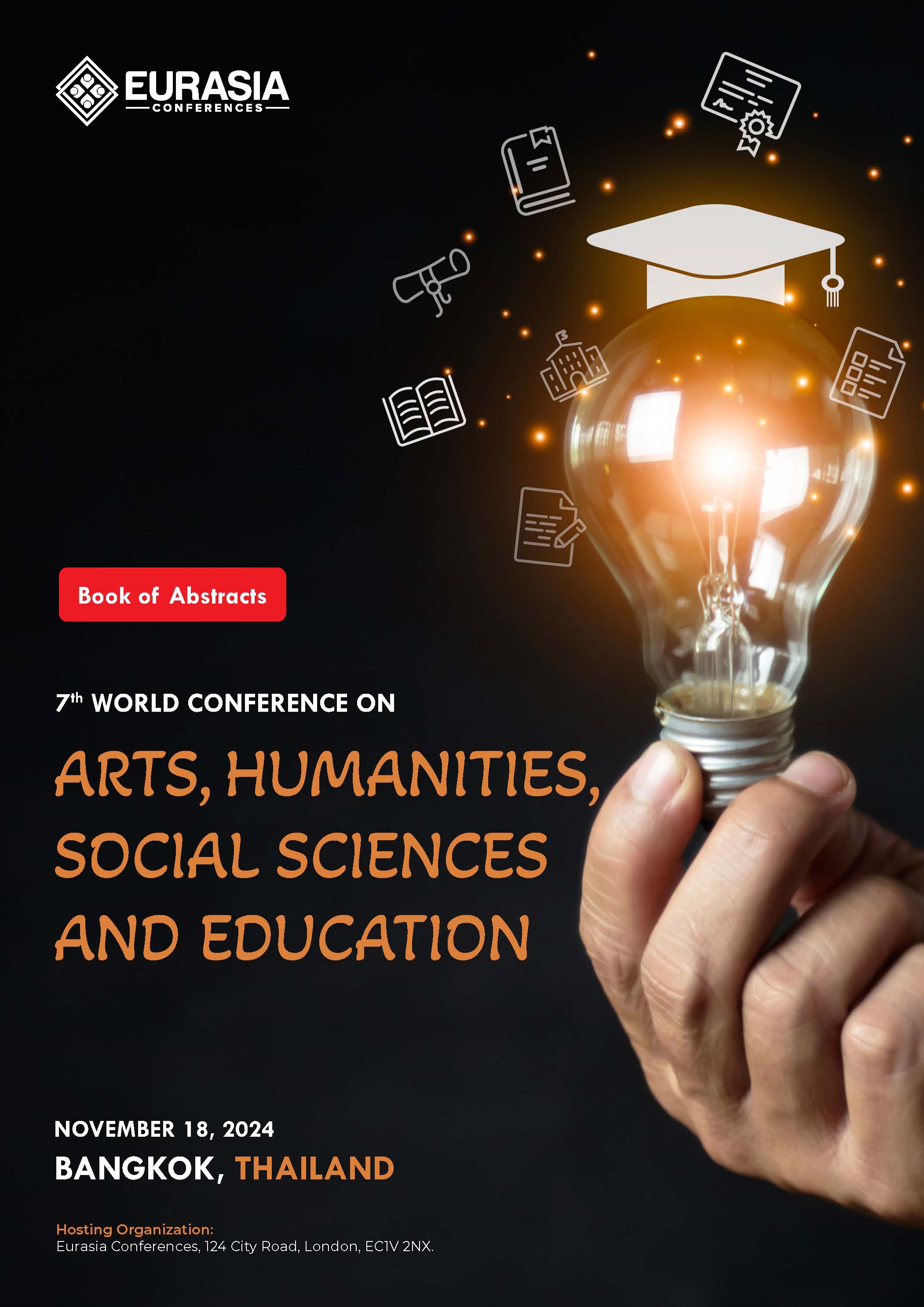
Qian Hongzhu
This article aims to deeply analyze the role, characteristics, and motivations of sub-state actors in the context of building a community with a shared future for mankind. It discusses the importance of these actors in promoting the construction of such a community. The article defines sub-state actors, which include local governments, social organizations, and other non-state entities, and highlights their features such as non-sovereignty, agency, proactivity, and interconnectivity. It further examines the boundaries of their actions in international affairs, including spatial, temporal, and power boundaries that collectively determine the scope of their international activities. In terms of role positioning, the article views sub-state actors as participants, key components, and sources of interactive power in building the community. They are not only crucial actors in realizing the community's concept but also an essential bridge linking nation-states with global governance and a positive force in advancing international issues and achieving the community's goals. Additionally, the article explores the multiple motivations for sub-state actors' participation, including economic cooperation, political mutual trust, and cultural exchanges. Economically, they foster joint development by expanding foreign economic and trade ties; politically, they establish consensuses and maintain regional stability through enhanced international exchanges and cooperation; and culturally, they promote mutual understanding and respect through people-to-people exchanges.
Keywords: Community with a Shared Future for Mankind; Sub-state Actors; Participation in International Affairs; Role